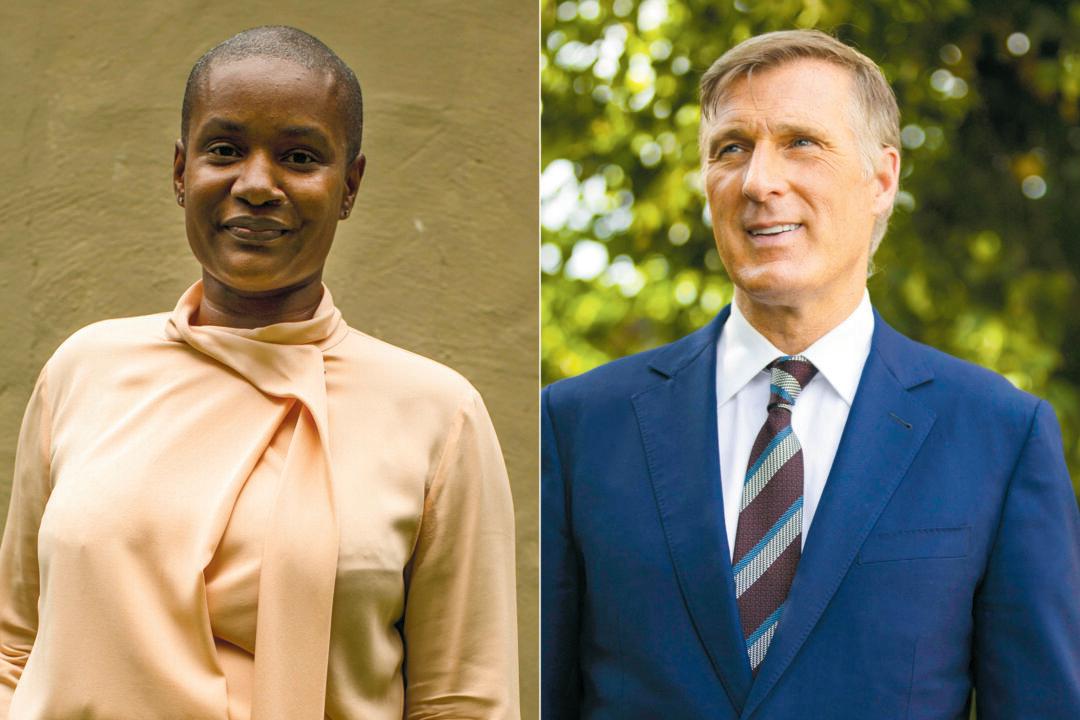Commentary
Canada has had a long tradition of spawning new political parties. Some come and go before the public even know they existed. Some have been around for decades yet rarely field more than a handful of candidates. Others, such as the Reform Party or the Bloc Québécois, never came close to winning an election but have had strong influence on government policies.





